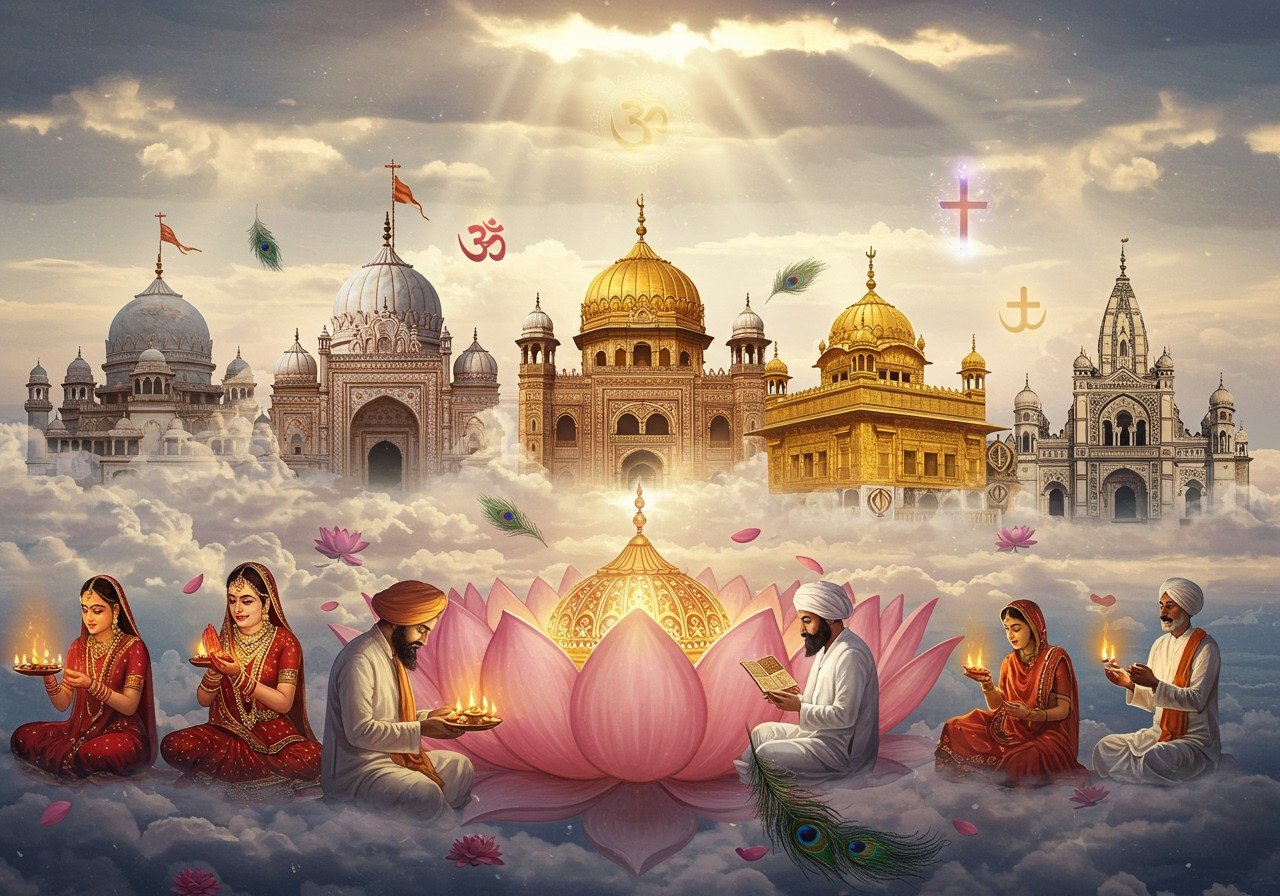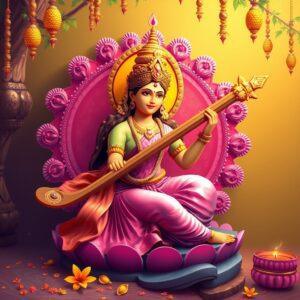
Religion has profoundly shaped India’s socio-cultural fabric for centuries, influencing political, cultural, and economic spheres. From the ancient Vedic traditions to the diverse practices of today, religion remains a cornerstone of Indian identity. A Pew Research Center report, based on a survey of nearly 30,000 Indian adults, highlights the complexities of religious identity, nationalism, and tolerance in contemporary India. This exploration delves into the multifaceted impact of religion on Indian society, acknowledging both its positive contributions and the cultural issues it has sometimes engendered.
Religion and Social Structure in India
India’s rich religious tapestry includes Hinduism, Islam, Christianity, Sikhism, Buddhism, and Jainism, each contributing uniquely to the nation’s social structure. Hinduism, the majority religion, has historically influenced social hierarchy through the caste system, impacting social interactions and economic opportunities. While reforms have challenged caste-based discrimination, its legacy continues to shape social dynamics.
- Hinduism: The caste system, while undergoing significant change, has historically influenced social hierarchy and impacted social and economic opportunities. This complex system, although constitutionally challenged, continues to play a role in social dynamics, particularly in rural areas. Poojn.in offers a wide selection of Hindu deities and puja items to support devotees in their religious practices.
- Islam: Islamic traditions have enriched Indian culture, leaving their mark on architecture, cuisine, and festive celebrations. From the grandeur of Mughal monuments to the aromatic flavors of biryani, Islam’s influence is woven into the fabric of Indian life. Incense sticks, often used in Islamic rituals, are available on Poojn.in.
- Christianity: The arrival of Christianity brought significant changes, particularly in education and healthcare. Missionary schools and hospitals have played a vital role in providing services across the country, contributing to social development.
- Sikhism: Known for its emphasis on service and equality, Sikhism has made substantial contributions to India’s military and agricultural sectors. The valor of Sikh soldiers and the agricultural prosperity of Punjab are testaments to their dedication.
- Buddhism and Jainism: These faiths, with their emphasis on non-violence and ethical living, have deeply influenced societal norms. Their principles of peace and compassion promote a harmonious way of life.
Religion and Cultural Expressions
Religion and culture are inextricably linked in India, with religious beliefs shaping various aspects of cultural expression. Festivals, art, music, and even daily routines are often infused with religious significance.
- Festivals: Religious festivals like Diwali, Holi, Eid, and Christmas are integral to Indian culture, fostering social bonding and celebrating shared traditions. These occasions bring people together, strengthening community ties.
- Art and Architecture: Religious themes permeate Indian art and architecture, with temples, mosques, and churches serving as both places of worship and cultural landmarks. The intricate carvings and majestic structures reflect the devotion and artistic skill of generations.
- Music and Dance: Religious chants, devotional songs, and traditional dances are integral to Indian cultural expression. These art forms often narrate mythological stories and convey spiritual teachings.
Religion and Language
Language plays a crucial role in transmitting religious traditions, with sacred texts and rituals often conducted in specific languages.
- Sanskrit: A classical language, Sanskrit is used in Hindu scriptures and rituals, preserving ancient wisdom.
- Urdu: Significant in Islamic literature and cultural expression, Urdu adds to India’s linguistic diversity.
- Pali and Prakrit: These languages are associated with Buddhist and Jain teachings, carrying the wisdom of these ancient faiths. You can explore a wide range of spiritual language guides at Poojn.in.
Religion in Modern India
Religion continues to be a significant force in modern India, influencing social welfare, politics, and even the adoption of technology.
- Social Welfare: Religious organizations play a role in community development through educational institutions, healthcare services, and charitable initiatives.
- Politics: Religion often plays a role in political discourse and policy-making, reflecting the diverse interests of different religious communities.
- Technology: The digital age has brought new ways for people to connect with their faith, with online platforms offering religious services and information. Pooja.in has various products to support modern religious practices.
Conclusion
Religion’s influence on Indian society is undeniable, shaping its history, culture, and social fabric. Understanding this complex relationship is crucial for appreciating the richness and diversity of India. As India continues to evolve, religion will undoubtedly continue to play a significant role in shaping its future.


